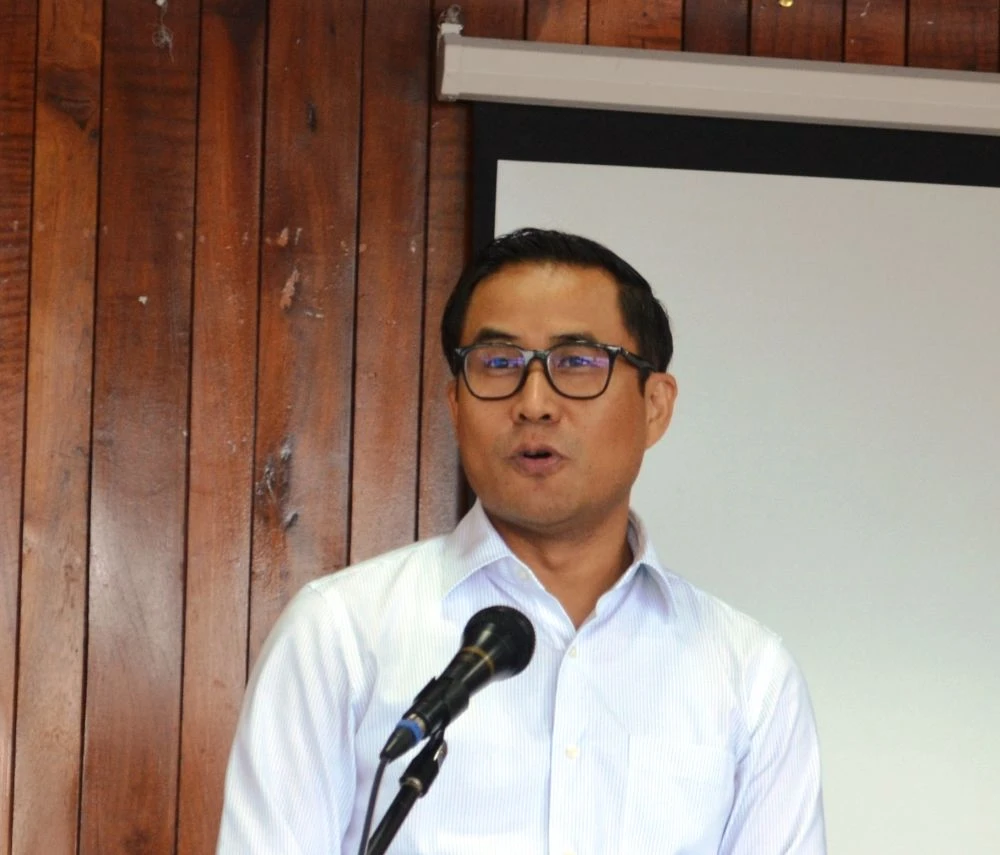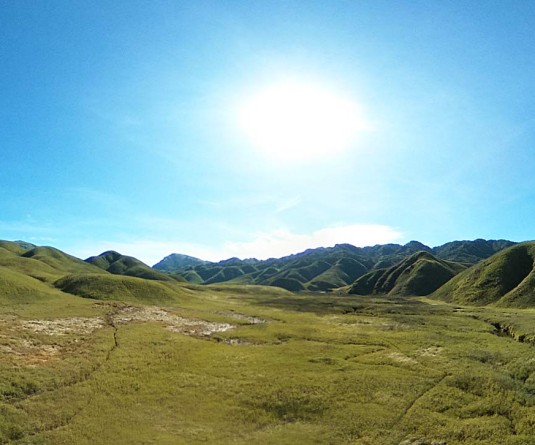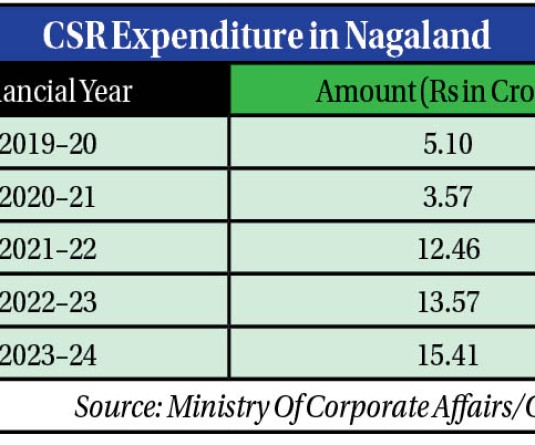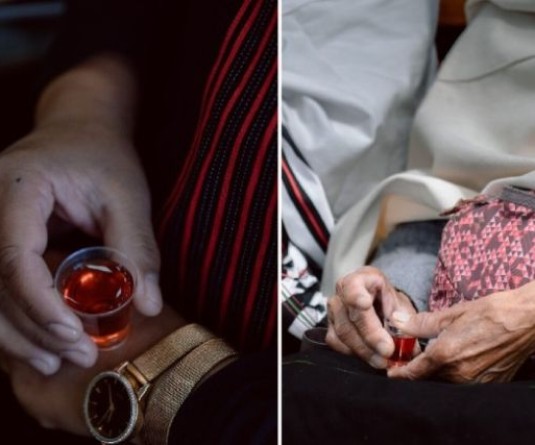Speakers during the Morung Dialogue held in Kohima on October 25. (Morung Photo)
Morung Express News
Kohima | October 25
“At the first quarter of the 21st century, globalization is there, polarization is there, digital hegemony is there. And while it has created so many changes, we still have all global problems like food, health and climate crisis. If we look at our own Nagaland, we are caught in that same system,” said Seno Tsuhah, Chairperson of NENterprise (North East Network), Chizami Weaves, during The Morung Dialogue on the theme “In the shifting world, how do we define Hope and Progress for the Nagas” held at 2K Hotel Kohima on October 25.
Other speakers included Dr. Villo Naleo, Social Concern Secretary, Nagaland Baptist Church Council (NBCC), and Sashi Wapang Lanu, IRS, Additional Commissioner, Central GST. The dialogue was organised by The Morung Express in collaboration with PenThrill Publication House.
Seno recalled that the roads she travelled two decades ago were “lush, green, very narrow but still beautiful.” Today, despite broader roads, “it still takes the same time to travel from a village to the state capital.” She observed that while earlier generations lived with ecological integrity and strong communal bonds, “there is now complete alienation, especially among the younger generation.”
With the lack of self-determination, governance and work culture, and increasing corruption, she warned that “if the young people of today’s generation are looking at development in a glossy and superficial way, we are in a very challenging and confusing phase of life.”
‘Culture Erosion?’
Expressing concern over an identity crisis and cultural erosion, she said many young people are losing their mother tongues and sense of belonging. “Do we uphold the same values of our forefathers?” she asked, recalling how they ensured even the most marginalised, like widows, received their share of food.
“We need to start with ourselves and question: Who am I? Where am I? What kind of food am I taking? How do I want to use digital technology?” she said, adding, “We are losing the connection.” Nagas, once known for honesty and courage, are now “caught in a system where we are scared to speak the truth.”
She noted that “we are becoming a land of apology letters” where conformity to the majority has replaced integrity. Calling for a revival of compassion, truth, integrity, and respect, she urged Nagas to “learn not to give racial remarks to each other” and to “live in coexistence with other people.”
“We really need to bring back these values again,” she said. “We have to start with ourselves to explore a pathway to the future by defining our hopes for a progressive Naga society.”
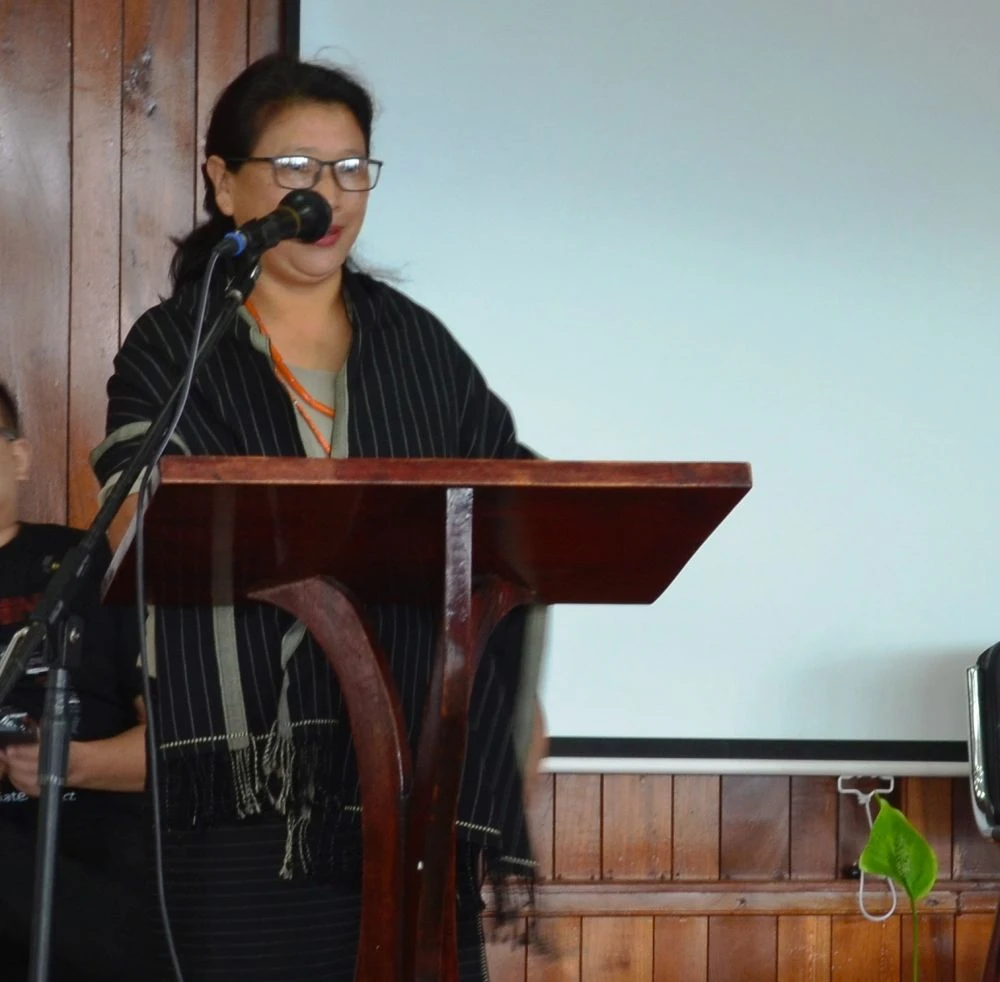
‘Tribalism’
Dr. Villo Naleo said the most difficult task today is responding to accumulated historical crises that continue to shape Naga identity. “In defining hope and progress for a people, it is pertinent to discuss historical experiences,” he said.
He called for rethinking faith and politics by first investing “our political hopes in the church.” While Church and State are distinct, he said, “every church is political all the way down, and every government is a deeply religious battleground of gods. No one separates their politics and religion—not the Christian, not the secular progressive.”
He argued that issues such as “bad roads, half-built stadiums, rising unemployment, agitations, and corruption” must push Nagas to rethink where their political hopes lie. “The government is an experiment,” he said, “but the church is a certainty.”
“Our local church must be the first place to dissolve tribalism, clannism, and strive to live out justice, righteousness, and love,” he said. “Tribalism in Nagaland is killing us. The only way to curtail our greed and self-indulgence is in Christ.”
“If being a Naga from anywhere is tearing us down, let us stop being a Naga first, but become a Christian first,” he said. “We must become a better Naga by becoming a Christian.”
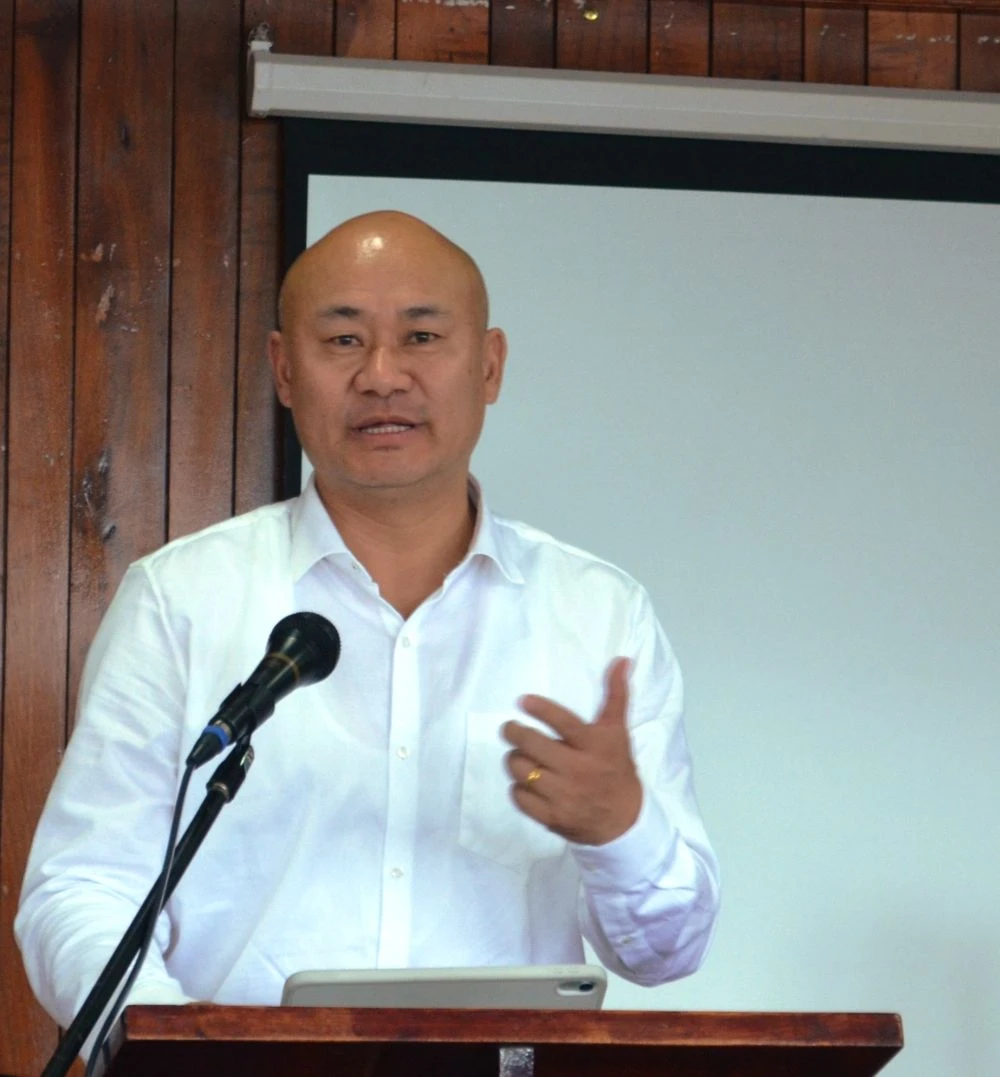
‘What does Nagaland bring to the table?’
Highlighting the economic dimension, Sashi Wapang Lanu said Nagaland sits on 600 million tonnes of oil deposits, yet loses an estimated ₹1,800–2,000 crore annually. During a State Development Committee meeting, economists had asked: “You are already a dependent state. If you don’t have capital, what does Nagaland bring to the table?”
He said the state must rethink its dependence on subsidies and free handouts. “At some point, the bitter pill has to be swallowed,” he stated. “We must stop the victim mentality of always being the takers. The answers need to come from within.”
He urged Nagas to blend indigenous wisdom with modern tools and recognise that economic progress matters because “young Nagas care about jobs, education, and a future.” Protections for Naga identity, he said, should “translate to real-world improved quality of life — not just money, but the cultural, political, and social conditions that enhance existence.”
Having survived colonialism, insurgency, and bureaucratic conflict, Lanu said the way forward lies “in returning to courage, truthfulness, and brotherhood.”
“For the Nagas, hope and progress means three things — being rooted in our rich cultural heritage, being responsive to present realities, and being boldly oriented towards the future of self-determination,” he affirmed.
